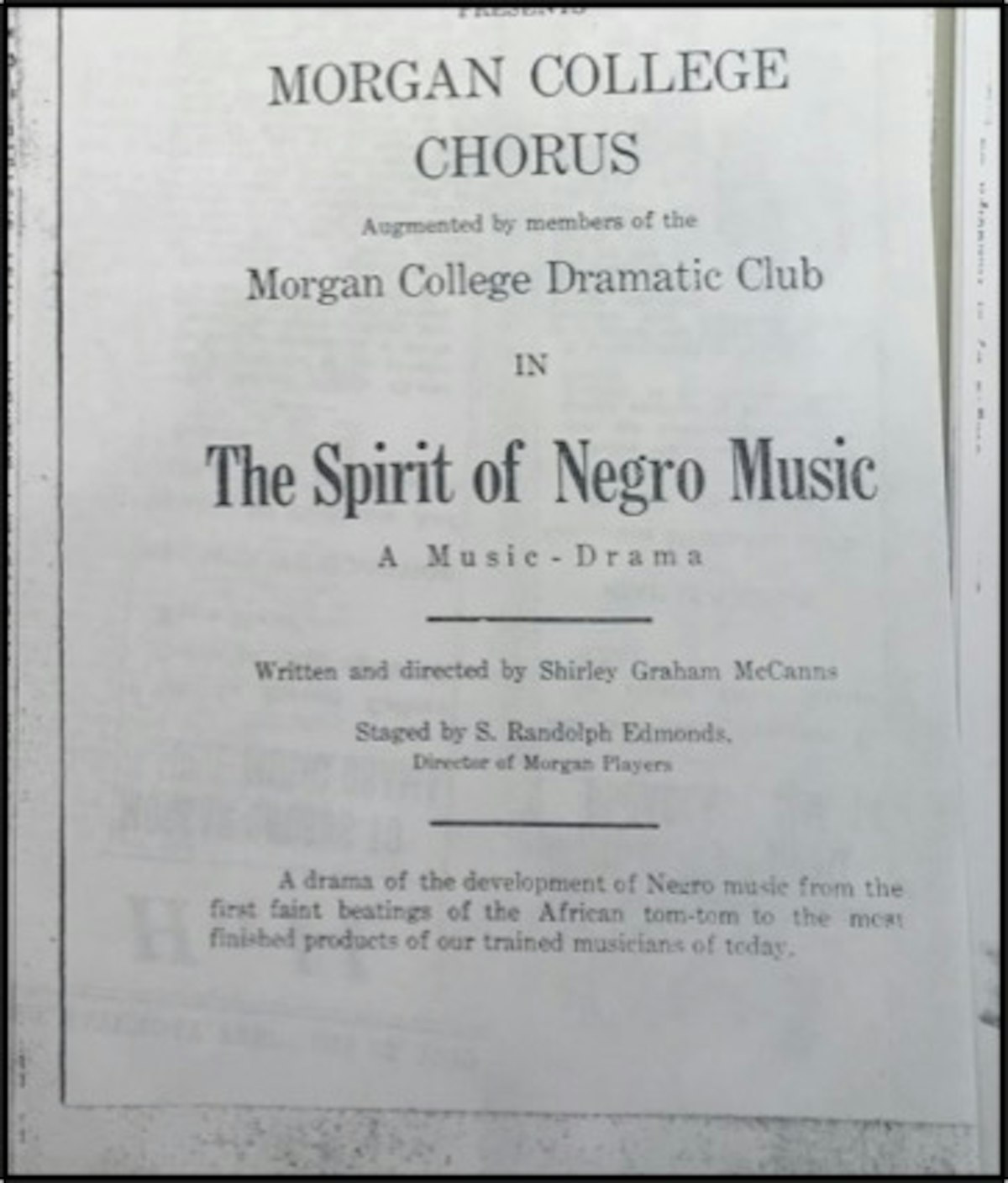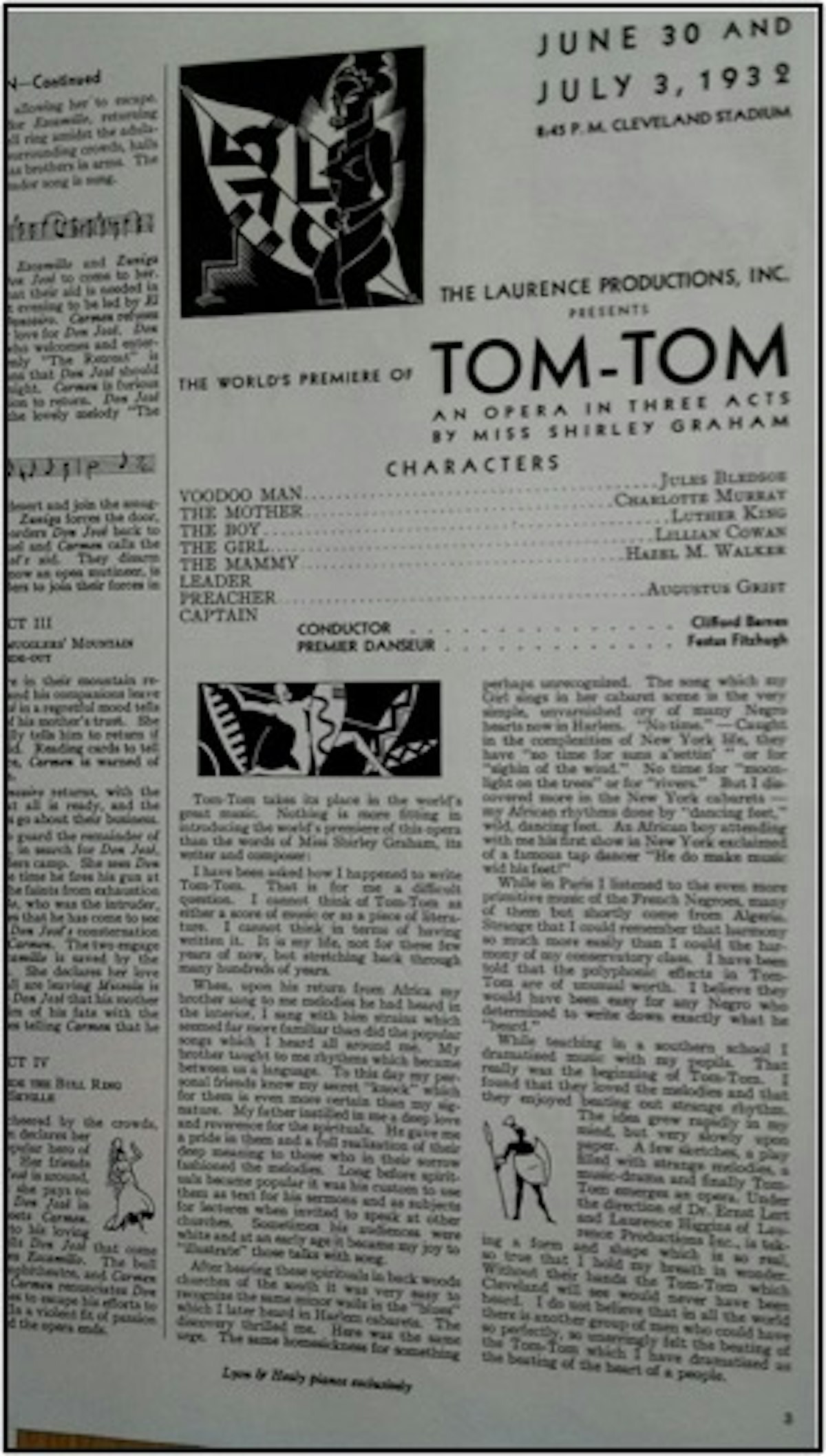Who do you picture when you think of a classical music composer? Probably a white man ... Mozart, Mahler, Schumann, and Mendelssohn spring to mind. But how many of us imagine the women behind these names: Nannerl, Alma, Clara, and Fanny, all equally talented composers in their own right?
When asked to name a female composer, many people will draw a blank. Yet women have been active as composers throughout the entire history of Western classical music. Most, however, were not able to pursue this as a profession in patriarchal societies that looked upon them as best-suited to be wives and mothers.
In recent years, attention is being paid to this gender disparity. As Caramoor continues to advocate for expansion of the canon, we’ve recently featured works by Shirley Graham, Dana Suesse, Florence Price, and Margaret Bonds. On April 23, the Takács Quartet will perform a quartet by another female composer: Fanny Mendelssohn Hensel.
Until recently, Hensel was often regarded as an intriguing footnote to the biography of her much more famous brother, Felix. Today, the full scope of her accomplishments has emerged and she is now seen as great a musical talent as her brother.

Born in Hamburg in 1805, Fanny Mendelssohn played the piano and was a prolific composer, writing more than 460 works. However, society (and in particular, her family) prohibited women from having professional lives. Her father wrote to her in 1820, “Music will perhaps become his [Felix’s] profession, while for you it can and must be only an ornament, and never the fundamental bass-line of your existence and activity.”
As a child, Fanny had the same elite education as her three brothers. Felix published some of her songs under his name, which led to some embarrassment when he met Queen Victoria, who expressed a desire to sing him her favorite of his songs, “Italien.” He had to admit that his sister was its composer! Fanny also wrote many “Songs Without Words,” a style of solo piano work for which her brother later became famous. But some musicologists now believe that she pioneered this form.
After marrying the painter Wilhelm Hensel in 1829, Fanny often performed in a Sunday musical salon at the family home in Berlin. But the only time she performed in public was at a charity concert in 1838, playing her brother’s Piano Concerto in G Minor. In 1846 at the age of 41, she finally published a collection of songs. She died the following year of a stroke.
Though imbalances persist, the situation is much improved today. This past summer, Caramoor’s program included numerous works by female composers enjoying robust careers, including Missy Mazzoli, Caroline Shaw, Nicole Lizée, Valerie Coleman, Nathalie Joachim, Reena Esmail, Melinda Wagner, Jessie Montgomery, Gabriella Smith, Angélica Negrón, and Raquel Acevedo Klein. And on November 13, the Ivalas Quartet will present Eleanor Alberga’s String Quartet No. 1.

Alberga is a British composer who was awarded an OBE in 2021 for services to British Music. Born in 1949 in Kingston, Jamaica, she grew up living on the grounds of a high school run by her mother, and was fascinated by the piano lessons she heard around her. She started her own lessons at age five. She later studied voice and piano at the Jamaica School of Music and joined a Jamaican folk singing group. She moved to London when she won a scholarship to study piano at the Royal Academy of Music. In 1978, she began working with The London Contemporary Dance Theatre (LCDT) and developed a deep understanding of modern dance. Her company class improvisations became the stuff of legend and led to works commissioned and conceived for dance by the company. Alberga later became its Musical Director —conducting, composing, and playing on LCDT’s many tours.
It was upon leaving LCDT that Alberga was able to fully embark on her career as a composer. Since then, interest in her music across all genres — orchestral, chamber, vocal, as well as works for stage and screen — has accelerated, while her output has continued to grow. In 2015, her commissioned work ARISE, ATHENA! for the opening of the Last Night of the BBC Proms was seen and heard by millions and cemented her reputation as a composer of huge originality and consummate skill.